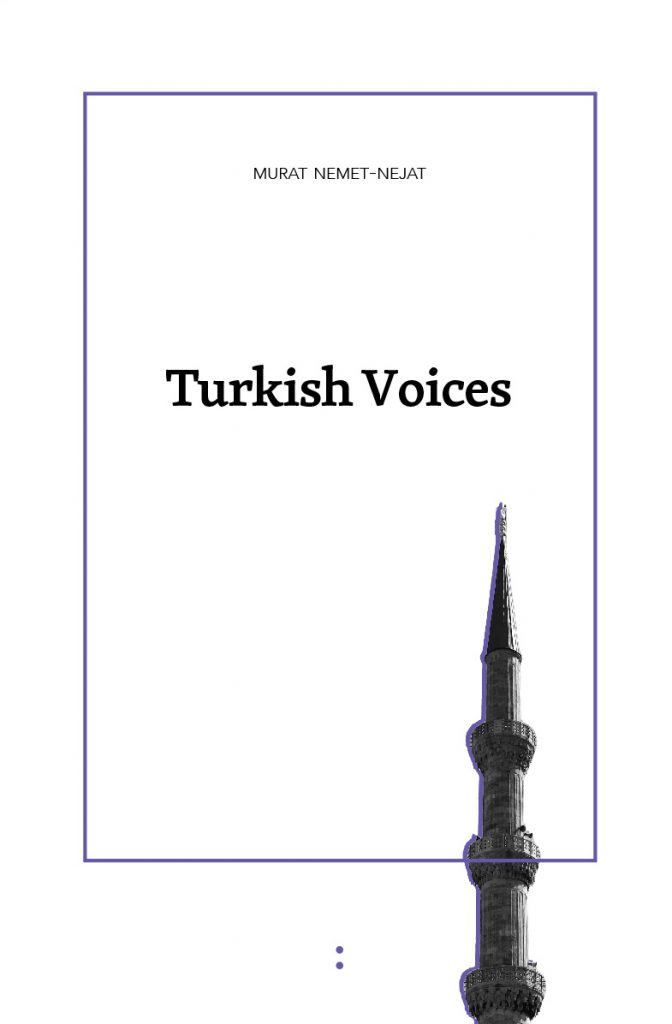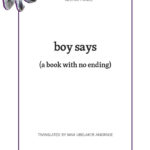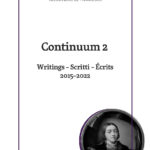Turkish Voices, written during 1989/90, is initially based on the Second New Turkish poet Cemal Süreya’s first book of poetry, Üvercinka (Pigeon English), which he wrote during the 1950s, in his twenties. In this book, striking erotic passages of uncanny psychological insight, where a nexus between pleasure and power is revealed through the lyric persona of a male seducer, are mixed with cute refrains or half-digested surrealist lines which blur the text, sentimentalizing that insight by turning the poems into general appeals for freedom, completely overlooking the victimization of the female persona, who never speaks.
A work of deconstructive translation, Turkish Voices offers a reworking of Üvercinka, containing fragments from different poems in Süreya’s book, some ending in mid-sentence, with other fragments isolated, spliced together, and altered. Fragments from other Turkish poets have also been added, splitting the lyric persona and opening up its unity to let in other personae. Finally, poems written earlier by the author himself join the text.
The result is a series of eighty-four fragments where any idea of ownership or originality or source—what poem, that is, comes from whom or where—disappears, is completely blurred. In other words, what starts with the ego and power-centered persona of the male seducer is dissolved and splintered through a dialectic or critical confrontation with Süreya’s resistant text, into multiple points of view, often of a sufferer, a victim. What one ends up with is a multiplicity of voices, an erotic poem which becomes its own critique of power.





